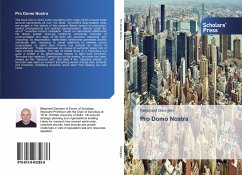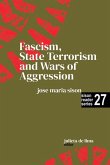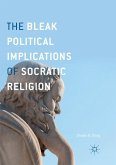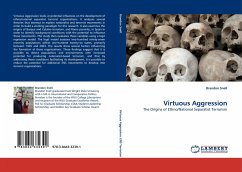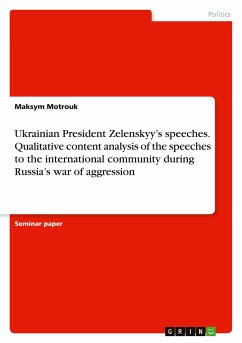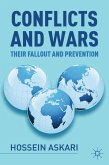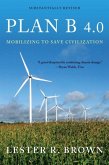The book tries to shed some new light on the origin of the present mass terrorist movements all over the world. Terrorism's deep-seated roots are sought in the nature of the present liberal system of production, market arrangements and political representation. Spread under the veil of "universal modern civilization" based on materialistic selfishness the liberal system destroys traditional communal channels of communication and ways of life both with societies "exporting" and "importing" its dispensation. Materialistic selfishness generates anomic individuals who, relapsing to moral relativism in extreme, prove incapacitated to stand what Fromm has defined as "horror of separateness". These individuals do consist of authentic grass root of mass terrorist activities. The use of armed force is a necessary but quite a limited in its effectiveness means to fight back terrorism. Terrorism has replaced Communism as the enemy; terrorism has been viewed as the "absolute evil". But what if the "absolute enemy" of terrorism was seen as human? Everything would change and, primarily and foremost, combating terrorism would start from healing our own home.
Hinweis: Dieser Artikel kann nur an eine deutsche Lieferadresse ausgeliefert werden.
Hinweis: Dieser Artikel kann nur an eine deutsche Lieferadresse ausgeliefert werden.

